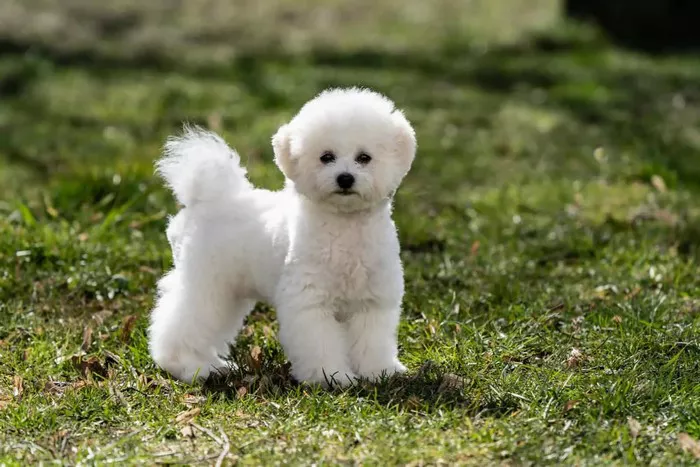Bringing home a dog for the first time is an exciting yet daunting decision. The Bichon Frise, with its fluffy white coat and cheerful demeanor, often tops lists of recommended breeds for new owners. But are these playful companions truly suitable for someone navigating the challenges of dog ownership for the first time? This article explores the Bichon Frise’s temperament, care requirements, and compatibility with novice owners, offering a balanced view to help you make an informed choice.
Why Bichon Frises Are Often Recommended for First-Time Owners
Bichon Frises are celebrated for traits that align well with new dog owners:
Gentle and Affectionate Temperament
Bichons thrive on human companionship and are known for their friendly, outgoing nature. They bond closely with families, including children and other pets, making them ideal for households seeking a sociable, adaptable dog. Their playful energy adds joy to daily life without overwhelming owners.
Low to Moderate Exercise Needs
Unlike high-energy breeds that demand hours of exercise, Bichons require just 20–30 minutes of daily activity, such as walks or playtime. This makes them suitable for busy schedules or apartment living, where space is limited.
Hypoallergenic Coat
Bichons have a curly, non-shedding coat that traps dander close to the skin, reducing airborne allergens. While no dog is entirely hypoallergenic, this trait often makes them a safer choice for allergy-prone families.
Trainability and Intelligence
Bichons are eager to please and respond well to positive reinforcement training. They quickly learn commands and tricks, though patience is needed for housebreaking. Early socialization helps them develop confidence and good manners.
Long Lifespan
With a typical lifespan of 12–15 years, Bichons offer long-term companionship. This stability benefits owners building a lifelong bond with their pet.
Challenges for First-Time Owners
While Bichons have many advantages, they also present unique challenges that new owners must address:
High Grooming Demands
Their dense, curly coat requires daily brushing to prevent matting and professional grooming every 4–6 weeks. Skipping maintenance can lead to skin irritation or costly vet visits.
Separation Anxiety
Bichons form intense attachments and may develop anxiety when left alone. Crate training and gradual acclimation to alone time are essential to prevent destructive behaviors like chewing or excessive barking.
Health Vulnerabilities
Common health issues include allergies, dental problems, and joint disorders. Regular vet checkups, a balanced diet, and dental care are critical to maintaining their well-being.
Sensitivity to Routine Changes
Bichons thrive on predictability. Sudden disruptions in schedule or environment may trigger stress, requiring owners to prioritize consistency.
Potential for Stubbornness
While intelligent, Bichons can be stubborn during training. Persistence and reward-based methods are key to overcoming this trait.
Key Considerations for First-Time Owners
Time Commitment
Bichons need daily attention for grooming, exercise, and companionship. Busy lifestyles may struggle to meet these needs.
Financial Responsibility
Initial costs (e.g., adoption fees, supplies) and ongoing expenses (grooming, food, vet care) should be budgeted carefully.
Training and Socialization
Investing in puppy classes or a certified trainer helps establish good behavior early, reducing future challenges.
Living Environment
Bichons adapt well to apartments but need mental stimulation to prevent boredom. Interactive toys and regular playtime are essential.
How to Choose a Bichon Frise Puppy
Research Breeders: Look for reputable breeders who health-test their dogs and provide socialized puppies.
Meet the Puppy: Observe their temperament—confident, curious puppies often adapt better to new homes.
Consider Adoption: Rescue organizations may have adult Bichons available, bypassing the puppy training phase.
Conclusion
Bichon Frises can be excellent first-time dogs for owners prepared to meet their grooming, social, and health needs. Their affectionate nature and adaptability make them rewarding companions, but their vulnerabilities (e.g., separation anxiety, grooming) require dedication. By balancing their pros and cons and committing to proper care, new owners can enjoy a loving, lifelong relationship with their Bichon Frise.
Related Topics:
WHY DOES MY BICHON FRISE SMELL?
HOW OFTEN DO BICHON FRISES NEED TO BE WALKED?
ARE BICHON FRISE DIFFICULT TO HOUSE TRAIN?


